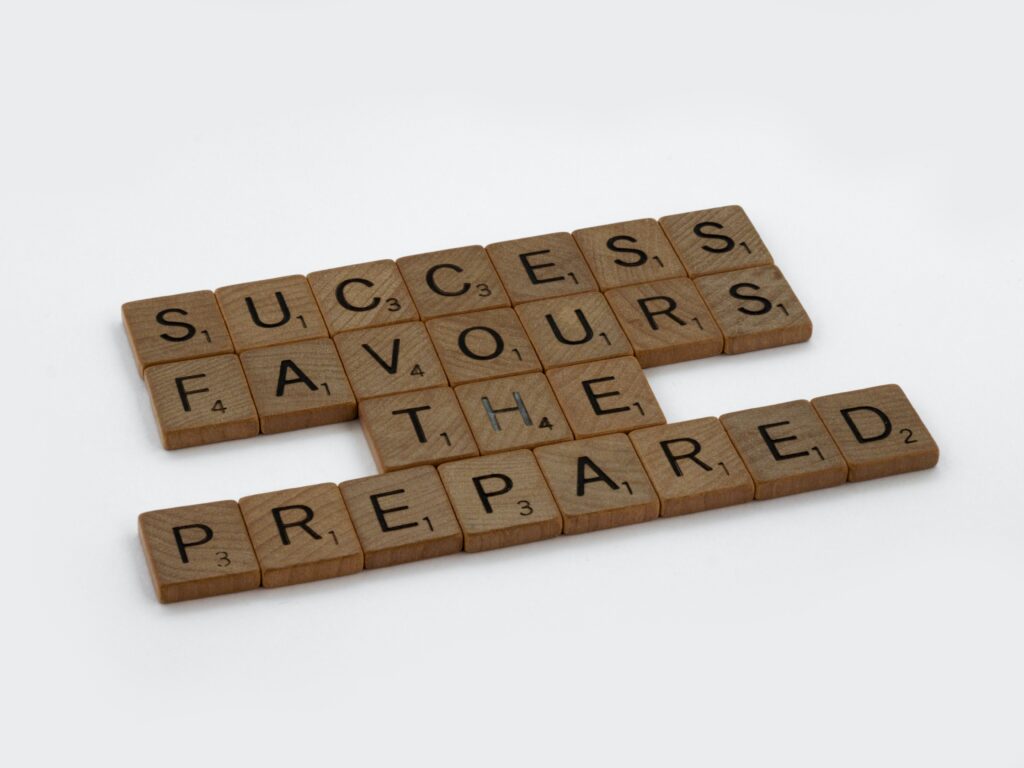Unleashing Mental Toughness: Strategies to Overcome Endurance Challenges

Endurance racing tests not only the physical stamina of an athlete but also the athlete’s mental resilience. Endurance athletes must prepare for the psychological and physical challenges they encounter throughout training and race day. Athletes need to work on unleashing their mental toughness to embrace the duration and challenges of these races.. Being able to navigate through mental and physical fatigue and discomfort is a demand for them to stay motivated and committed to their goals even when feeling exhausted.
Each endurance athlete’s journey is truly unique. Within any endurance race, there are several obstacles that athletes could encounter that are entirely out of their control, including weather changes, time of the race, course elevation, and race terrain. Athletes need to recognize that adaptability is most crucial if they encounter an obstacle, discomfort, setback, or the unknown. Just as endurance athletes don’t sprint the first mile of a race to conserve their energy, they should also work on balancing their mental state and preserving their mental reserves to carry them throughout the race.
The mental demands of endurance racing require just as much, if not more, attention as the physical demands. Developing psychological techniques to build mental skills proactively throughout training is critical to success.
Here are five strategies to assist endurance athletes in unleashing their mental toughness:
-
Segment the Race and Establish Smaller Goals
Most athletes know the importance of establishing clear, achievable goals at the start of their training program. As training progresses and training sessions extend, many athletes can feel overwhelmed or even worried about their ability to complete the entire race- especially if it is a length they have yet to meet. One tip is encouraging the athlete to break the race into smaller, manageable segments. Focusing on one segment at a time helps an athlete envision themselves succeeding in each segment, which can diminish feeling overwhelmed by the entire race.
-
Mentally Rehearse
Most endurance athletes have prepared physically for their race for several months, but have they prepared mentally similarly? Incorporating imagery practices into an athlete’s training program is a great way to help them mentally prepare for the race and for potential challenges they might encounter. Athletes can use mental rehearsal techniques to simulate race scenarios, visualize potential setbacks, and practice their responses in advance. Along with mental rehearsal, endurance athletes must develop pre-race routines and practice them throughout training. Combining these strategies will help athletes feel in control and familiar during stressful moments during the race.
-
Be Mindful
Realistically, an athlete will experience a challenge or setback during race day, which could cause them to share negative thoughts and emotions. Although challenges cannot be predicted, endurance athletes can work on developing their mindset proactively. Practicing mindfulness techniques such as deep breathing, meditation, or yoga can help an athlete learn to stay present. Training the mind to focus on the present moment rather than dwelling on the past or future can help them conserve their mental energy.
-
Implement an Adaptive Approach to Thinking
Challenges are a natural part of training. Instead of viewing obstacles as threats, view them as opportunities for growth. Reframing challenges helps athletes adopt a flexible mindset, encouraging them to embrace the challenges they are experiencing and adjust training and race strategies as needed. Overcoming hardships and obstacles assists athletes in building mental resilience, preparing them to be ready for any challenges encountered during the race.
-
Embrace Positivity
It can be very easy to focus on the negative throughout training or during a race- what needs to be improved, what could have been better, etc. Working on flipping the switch and embracing positivity is critical for an endurance athlete’s performance. This can be done through positive self-talk, gratitude, and having a solid support system. There is tremendous power in positive self-talk. Implementing mantras connected to an athlete’s strength and determination can keep them pushing forward through challenging moments. Endurance athletes can cultivate gratitude by recognizing the privilege they are experiencing by being able to participate in the race. Learning to reflect and express gratitude can assist in developing a positive mindset. Athletes should surround themselves with a strong support system. That system will consist of friends, family, and fellow athletes who are encouraging. Beyond being encouraging they will be supportive throughout their training and race day.
Endurance races challenge athletes not only physically but also mentally and emotionally. Athletes who dedicate time to proactively prepare themselves will unleash the mental toughness necessary to have a fulfilling racing experience.
ADVERTISEMENT

JoAnne Bullard is a Doctor of Sport and Performance Psychology and a Certified Mental Performance Consultant through the Association for Applied Sport Psychology. She is also a Certified Strength and Conditioning Specialist through the National Strength and Conditioning Association.
She serves as a tenured Associate Professor at Rowan University and is the owner of Absolute Fitness, LLC. Her goal is to provide a holistically applied approach for clients through performance psychology consulting. She has experience working with athletes of all ages, including endurance athletes, in individual and group sessions. Her research areas include mindfulness, performance anxiety, goal setting, coping strategies, and mental well-being of athletes.
She has completed five marathons, numerous half-marathons, and is always looking for her next race.




